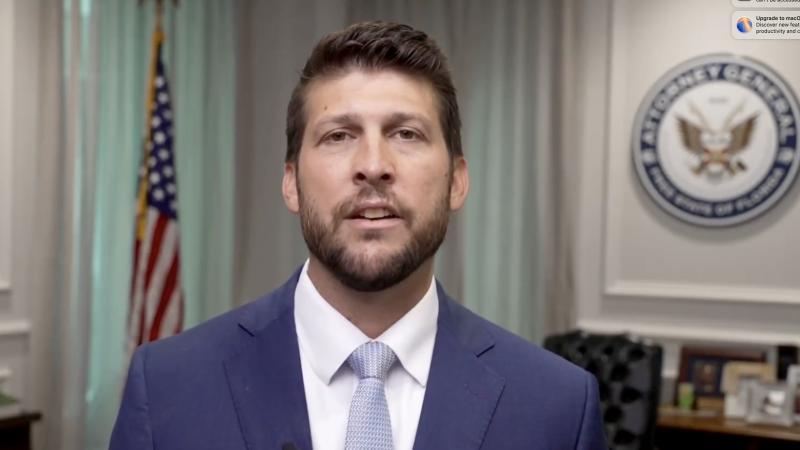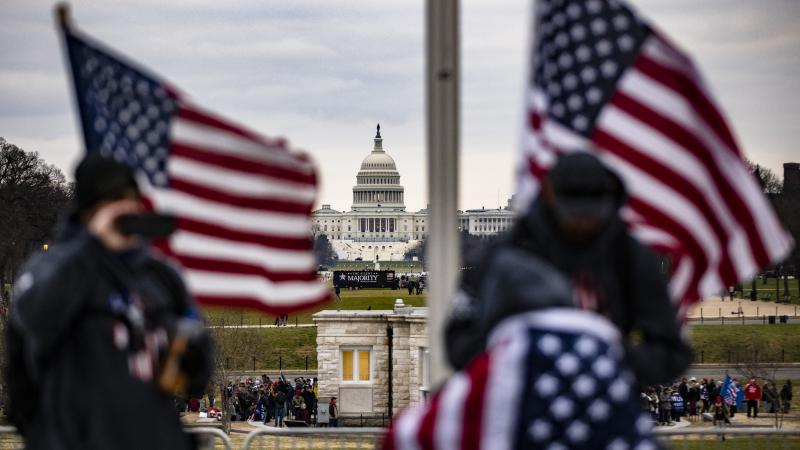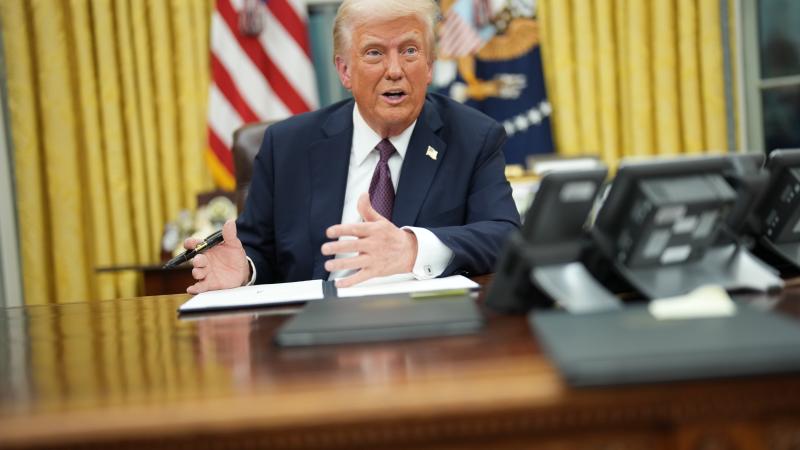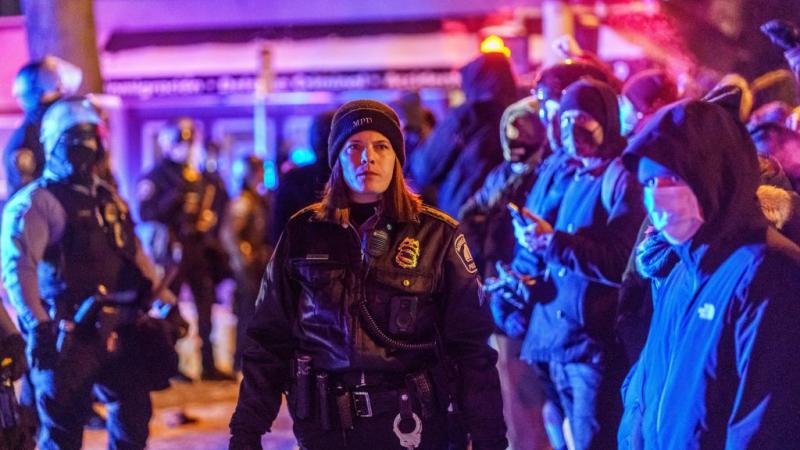Paxton impeachment trial nears end with closing arguments, start of deliberations by senators
Unlike other juries, senators won’t arrive at a group decision and instead will vote one by one on each of the articles.
Attorneys from both sides in the impeachment trial of suspended Texas Attorney General Ken Paxton gave their closing arguments Friday, the 10th day of the proceedings.
House General Investigating Committee Chairman Rep. Andrew Murr, R-Junction, argued for the prosecution, and Paxton’s lead attorney, Tony Buzbee, did so for the defense.
Before closing arguments, Lt. Gov. Dan Patrick, who presided over the trial, explained the process to the public. Unlike other juries, the senators will not arrive at a group decision, he said. When each member reaches a decision, they will come to the floor and vote one by one on each of the articles.
During deliberations, which began around noon on Friday, the senators are prohibited from having phones or talking to staff members. They are only allowed to deliberate with each other. They are also prohibited from watching the news, going online, opening their computers or talking to anyone other than their fellow senators about the case.
Patrick said no one knows how long it will take for the senators to reach a decision.
Once they notify Patrick they’ve reached a decision, he will call everyone back to the Senate chamber to vote on 16 articles of impeachment; four are held in abeyance. According to the Senate rules, each senator must consider every allegation in each article individually “and determine whether the managers have proved each article in an allegation beyond a reasonable doubt before they can consider whether an article warrants removal from office. Then and only then may an article be sustained,” he said.
Patrick said if any senator has reasonable doubt, they should not vote to sustain that article.
He told the senators, “Your decision must be based only on the facts and evidence presented here in this chamber. You are the sole judges of the credibility of the witnesses.”
Evidence consists of witness testimony and documents provided to the Senate only, he added, reiterating what he said at the beginning of the trial.
Patrick said that neither he nor Sen. Angela Paxton, R-McKinney, AG Paxton’s wife, would be voting. Sen. Paxton would be present when the vote was called, as she’s been present throughout the trial.
Patrick ordered the senators to work until at least 8 p.m. Friday. If they do not come to a decision by then, they are to return to the Senate chamber by 9 a.m. Saturday and work until 8 p.m., he said. If they don’t reach a decision by Saturday night, they are ordered to come back by noon on Sunday and to work until 6 pm. If they don’t reach a decision by late Sunday, he said, “I may take the option of sequestering you to remain in the building. Take as much time as you need to make the right decision.”
Patrick also said he would notify the public and media roughly 30 minutes prior to when the parties and senators are called back to the chamber.
The majority of votes, 16, is needed to convict or acquit Paxton on the charges of each of the articles. There are 18 Republicans and 12 Democrats eligible to vote in the Senate.















